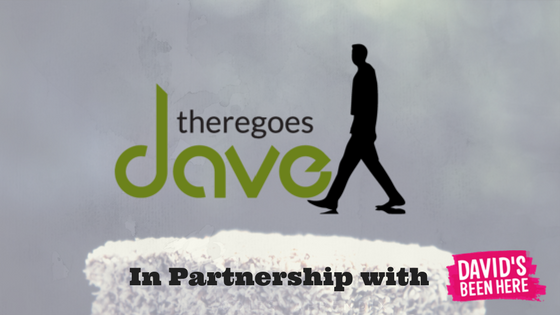Deciding what car is right for you is a long process and an expensive financial decision. There are so many factors to take into consideration such as whether or not you want a new or used car, costs and fuel etc. It can all be a bit overwhelming!
It can be hard to know where to start looking and what you’re looking for? No fear, I have put together a simple guide on what to look out for and what you should consider when choosing the right car for your needs and budget.
The biggest decision is always the choice between new or used? With clear benefits and disadvantages to both. An obvious benefit to buying a new shiny car is it will come with a warranty usually for 3-5 years. But one big downside to new cars is the fact that they depreciate at a much quicker rate than used cars.
Used cars are generally cheaper to buy and are more affordable than new cars. But you need to watch out for used car scams by doing your research and getting a full vehicle check from websites like Cazana. This will usually give you an overall picture of how much the car is worth, if it has ever been written off, or has any outstanding finance on it etc.

The next thing you need to think about is your needs:
What do you need transport for?
Is it to drive your family around?
How much parking space do you have?
Will you be driving mostly in the city?
Is it for large road trips?
Will you need to fit a roof rack or do any towing?
Do you have any children?
How many passengers will you need to accommodate?
When it comes to choosing the style of vehicle that will suit you best these are some of the questions you need to answer to help you narrow down your search.
And finally what’s your budget? Ultimately how much you can afford will influence the type of vehicle you can choose. When it comes to your budget don’t forget to factor in tax, insurance, fuel and any other unexpected costs that may pop up (such as maintenance). Then look into the different types of payment options available to you before choosing which road to go down (pun intended).
Finally, once you have decided on a list of cars suitable to your needs – take then for a test drive and see what feels the most comfortable to you.
When it comes to choosing which car to buy always do your research and don’t rush into a decision too quickly.




